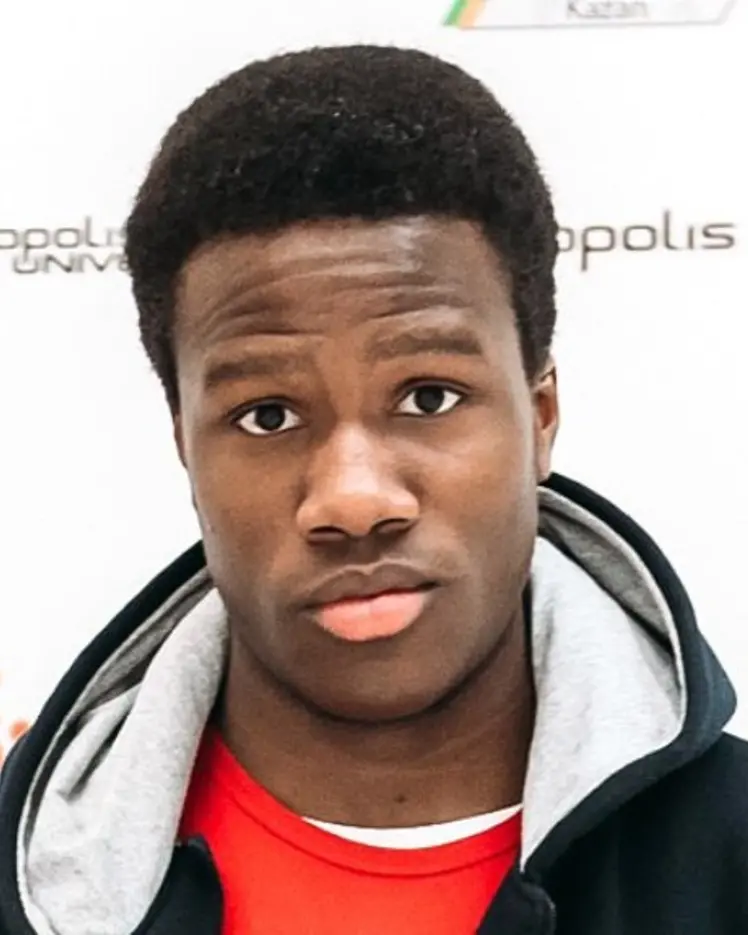Marek Masiak
Israel Abebe Azime
Jesujoba Oluwadara Alabi
Atnafu Lambebo Tonja
Christine Mwase
Odunayo Ogundepo
Bonaventure F. P. Dossou
Akintunde Oladipo
Doreen Nixdorf
sana Sabah al-azzawi
Blessing Kudzaishe Sibanda
Davis David
Lolwethu Ndolela
Jonathan Mukiibi
Tunde Oluwaseyi Ajayi
Tatiana Moteu Ngoli
Brian Odhiambo
Nnaemeka Casmir Obiefuna
Shamsuddeen Hassan Muhammad
Saheed Salahudeen Abdullahi
Mesay Gemeda Yigezu
Tajuddeen Gwadabe
Idris Abdulmumin
Mahlet Taye Bame
Oluwabusayo Olufunke Awoyomi
Iyanuoluwa Shode
Tolulope Anu Adelani
Habiba Abdulganiy Kailani
Abdul-Hakeem Omotayo
Adetola Adeeko
Afolabi Abeeb
Aremu Anuoluwapo
Olanrewaju Samuel
Clemencia Siro
Wangari Kimotho
Onyekachi Ogbu
CHINEDU EMMANUEL MBONU
Chiamaka Ijeoma Chukwuneke
Samuel Fanijo
Oyinkansola Fiyinfoluwa Awosan
Tadesse Kebede Guge
Toadoum Sari Sakayo
Pamela Nyatsine
Freedmore Sidume
Oreen Yousuf
Mardiyyah Oduwole
USSEN ABRE KIMANUKA
Kanda Patrick Tshinu
Thina Diko
Siyanda Nxakama
Abdulmejid Tuni Johar
Sinodos Gebre
Muhidin A. Mohamed
Shafie Abdi Mohamed
Fuad Mire Hassan
Moges Ahmed Mehamed
Evrard Ngabire
Pontus Stenetorp

